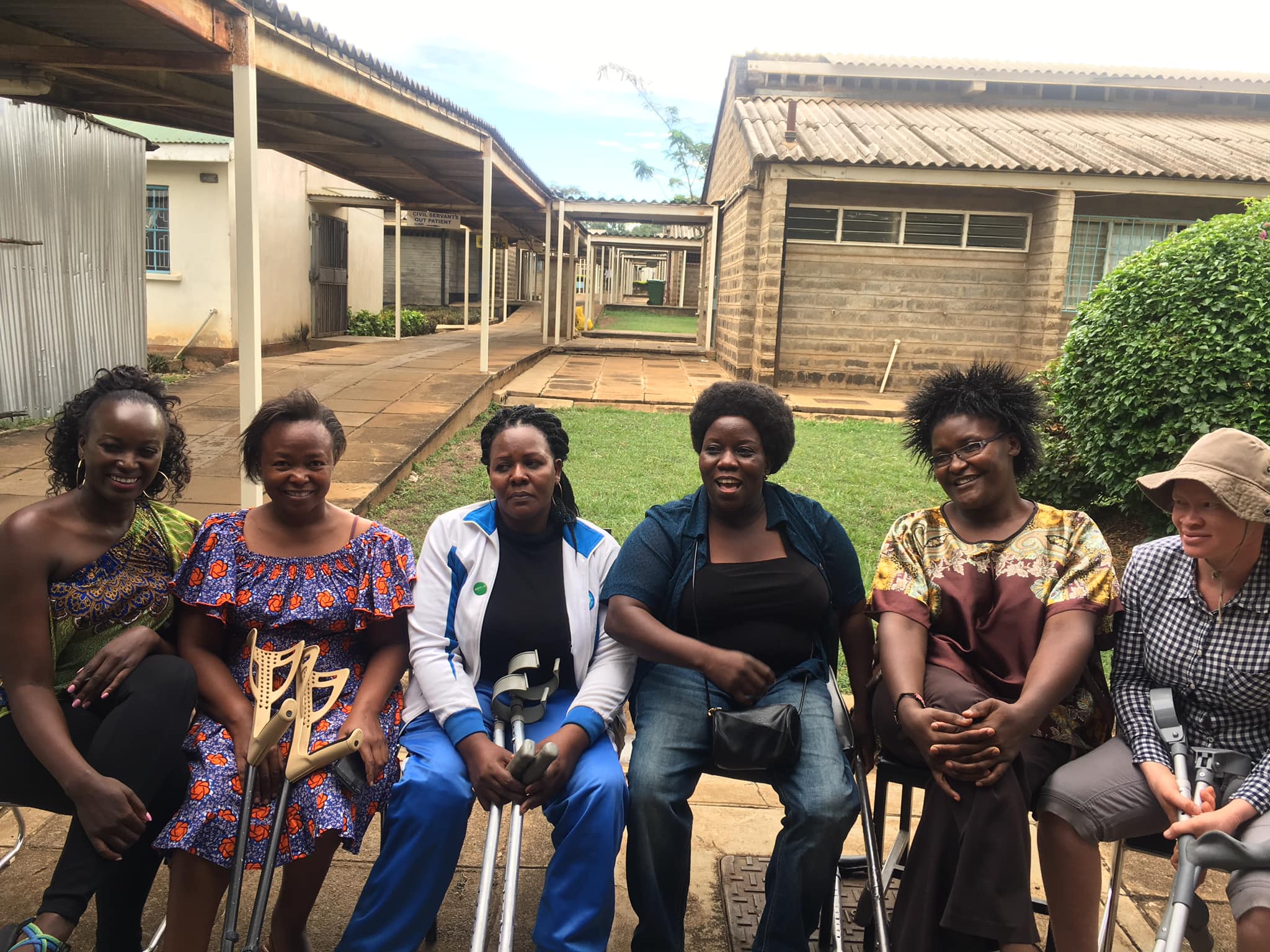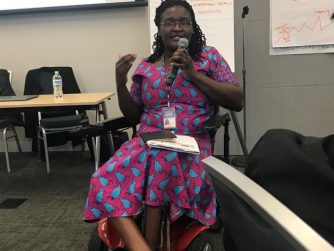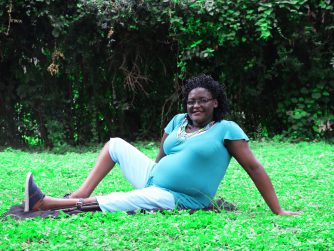As the world moves closer to Agenda 2030,there is increasing discussion on attaining Sexual Reproductive Health Rights as a pre-requisite to “Healthy Lives and Well-being of All”.
It is also widely acknowledged that indeed there are sexual minorities who are grappling with their Sexual Reproductive Health and Rights by virtue of having different sexual identity,orientation or practices from the majority of the society.
Sexual Reproductive Health Rights of women with disabilities is largely surrounded by myths, assumptions and stereotypes.These assumptions have led to stigma towards women with Disability which affect their Reproductive Health seeking behavior and SRHR service delivery by service providers.
Stigma & Prejudice on Sexuality:
The historical assumption that women with disability are asexual has led to exclusion of women with disabilities in SRHR initiatives and negative cultural practices that badly affect their sexual health.

Overall impact on the myth that women with disability are asexual is evident in various aspects of SRHR including but not limited to Access to Contraceptives,antenatal health services,maternal health services,postnatal care and even basic sex education.
Various vulnerable groups have clearly slept out SRHR needs,unlike women with disabilities whose needs are not well captured in SRHR policies and programs.








I was reading some of your posts on this website and I believe
this site is real informative! Keep putting up.Blog monry